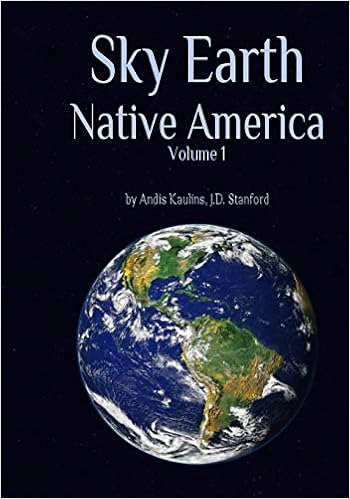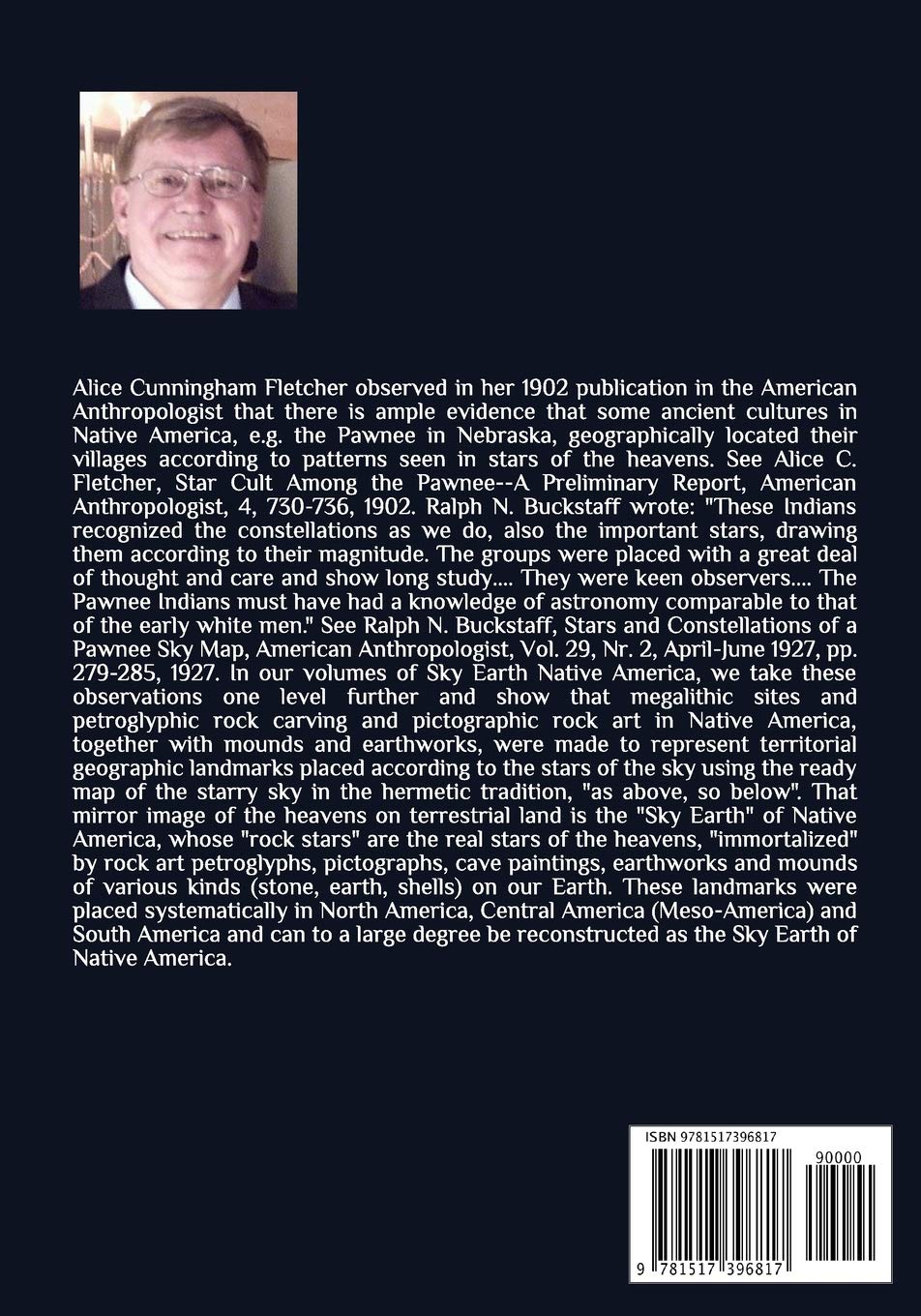Legal world, let us have some fun to start out the New Year 2011, by going back further than Mark Twain, more than 400 years, to the age of William Shakespeare, and ask a strictly "legal" intellectual property question.
Who wrote Shakespeare?
In case you did not know it, there is a long-standing controversy about whether Shakespeare was actually the author of his works or whether that name was an alias for someone like Christopher Marlowe, a likely candidate.
In today's posting, I address the professional (legal) graphologists out there and ask the question whether a comparison of the signatures of Christopher Marlowe and William Shakespeare could help us on this issue.
Are there two (or more) signatures, but only one hand and one writer?
As we note in the image above, to the left there is a portrait of Christopher Marlowe as a young man and his signature (here only the first name Christopher). To the right, for comparison, there are two portraits of William Shakespeare as a grown man, and his signature (here only the surname Shakespeare).
Also take a look at these Shakespeare signatures from the Wikimedia Commons:
Some of those initial S's also look like the C in Christopher Marlowe's signature and, indeed, Shakespeare's signature sometimes looks like that of an illiterate or someone struggling to write his name in code or signature other than his own.
Christopher means "Christ bearer" and Shak-speare, as the name was puzzlingly (to mainstream scholars) sometimes written in Shakespeare's day, could have meant "hidden bearer" to its originator if it were an alias for a man versed in ancient languages, as Biblical ha-shak (hashak, hoshek) is found nineteen times in the Bible, meaning "hidden, in darkness"). For a man in hiding, it would have been the "perfect" alias, more than 400 years ago.
Several years ago I became interested in the controversy around the true identity of the author of the works of William Shakespeare. There was simply too much gullibility to be found on the side of the mainstream literary scholars -- some of which you can read in the footnotes at the Wikipedia page on the Shakespeare authorship question.
As there, it is always amusing to read what scholars of humanities write about evidence and its evaluation. I always tried to teach to my law students that law is law and literature is literature, and ne'er the twain shall meet.
You can pretty much ignore what the literary community writes about the provenance of Shakespeare's work. Shakespeare was written by whoever wrote Shakespeare. No one doubts that. Beyond that, literary academia has not come far.
Quite the contrary, much of the available circumstantial evidence appears to be on the side of those who claim that Shakespeare was an alias for the real author, who may have taken on a new identity, that of William Shakespeare.
The issue is not, as literary scholars wish to frame it, the question of whether Shakespeare wrote Shakespeare. He did. He did.
But the question is, who WAS he? Was he the physical person literary scholarship equates with the "author" Shakespeare, an uneducated and virtually undocumented unknown from Stratford-upon-Avon? Was he a different physical person active under the same name? Was the name merely an alias for another physical person? Was Shakespeare a front for another person?
As written at the Wikipedia under the entry on Christopher Marlowe:
"Given the murky inconsistencies concerning the account of Marlowe's death, a theory has arisen centred on the notion that Marlowe may have faked his death and then continued to write under the assumed name of William Shakespeare. Authors who have propounded this theory include:
Wilbur Gleason Zeigler It Was Marlowe (1895)
Calvin Hoffman, The Man Who Was Shakespeare, Mitre Press (1955)[49]
Calvin Hoffman, The Murder of the Man Who Was Shakespeare, Grosset & Dunlap (1960)
Daryl Pinksen, Marlowe's Ghost (2008)
Samuel Blumenfeld's The Marlowe-Shakespeare Connection: A New Study of the Authorship Question
Louis Ule, Christopher Marlowe (1564–1607): A Biography
A D Wraight, The Story that the Sonnets Tell (1994)
Roderick L Eagle, The Mystery of Marlowe's Death, N&Q (1952)
William Honey, The Shakespeare Epitaph Deciphered, Mitre Press (1969)
Rodney Bolt, History Play, Harper Collins (2004)"
Our appeal in this posting is thus the question to professional (legal) graphologists as to whether the signature of William Shakespeare could be by the same hand as that of Christopher Marlowe, based upon the above evidence.
We think the signatures are all by the same hand.
Do legal graphologists agree?


